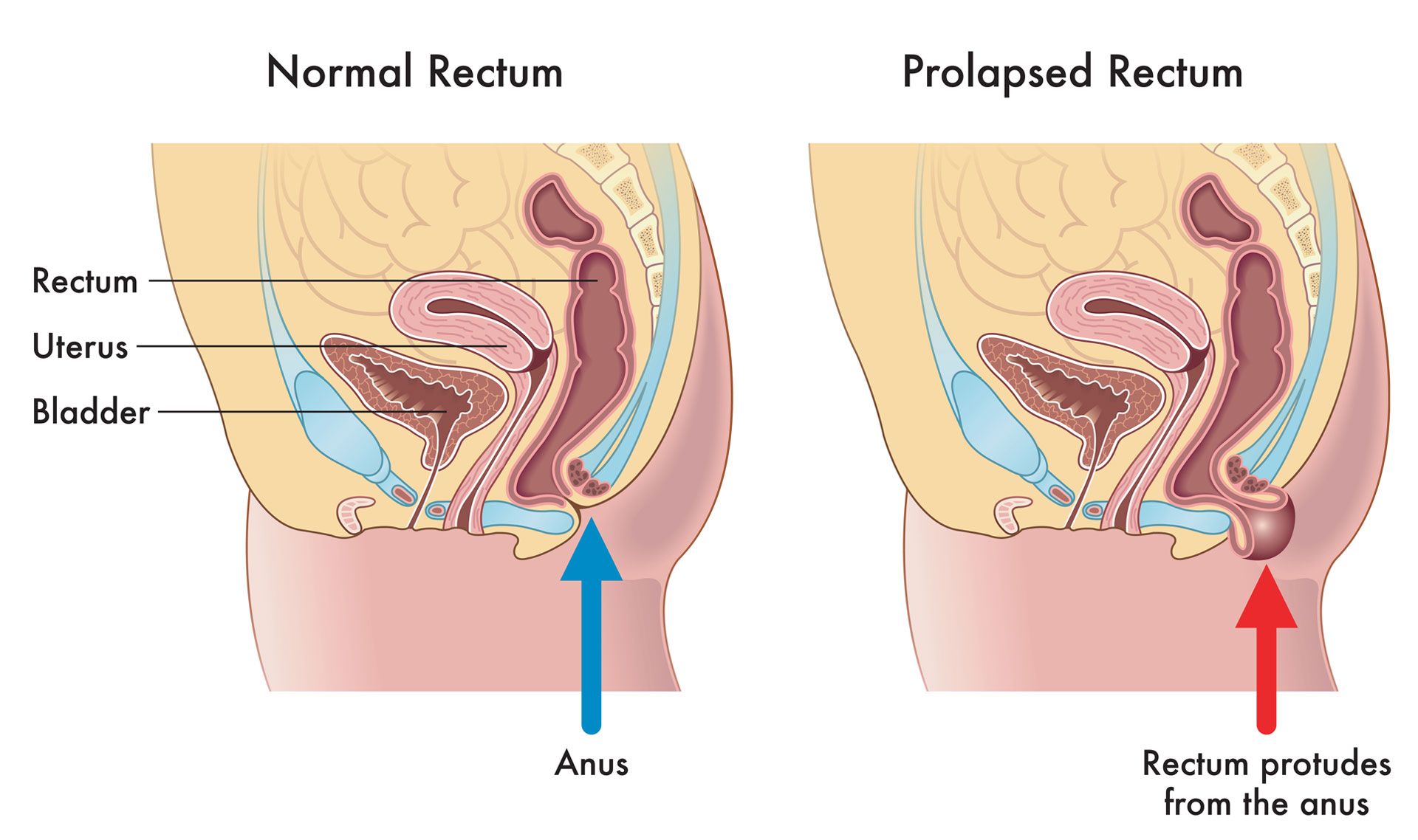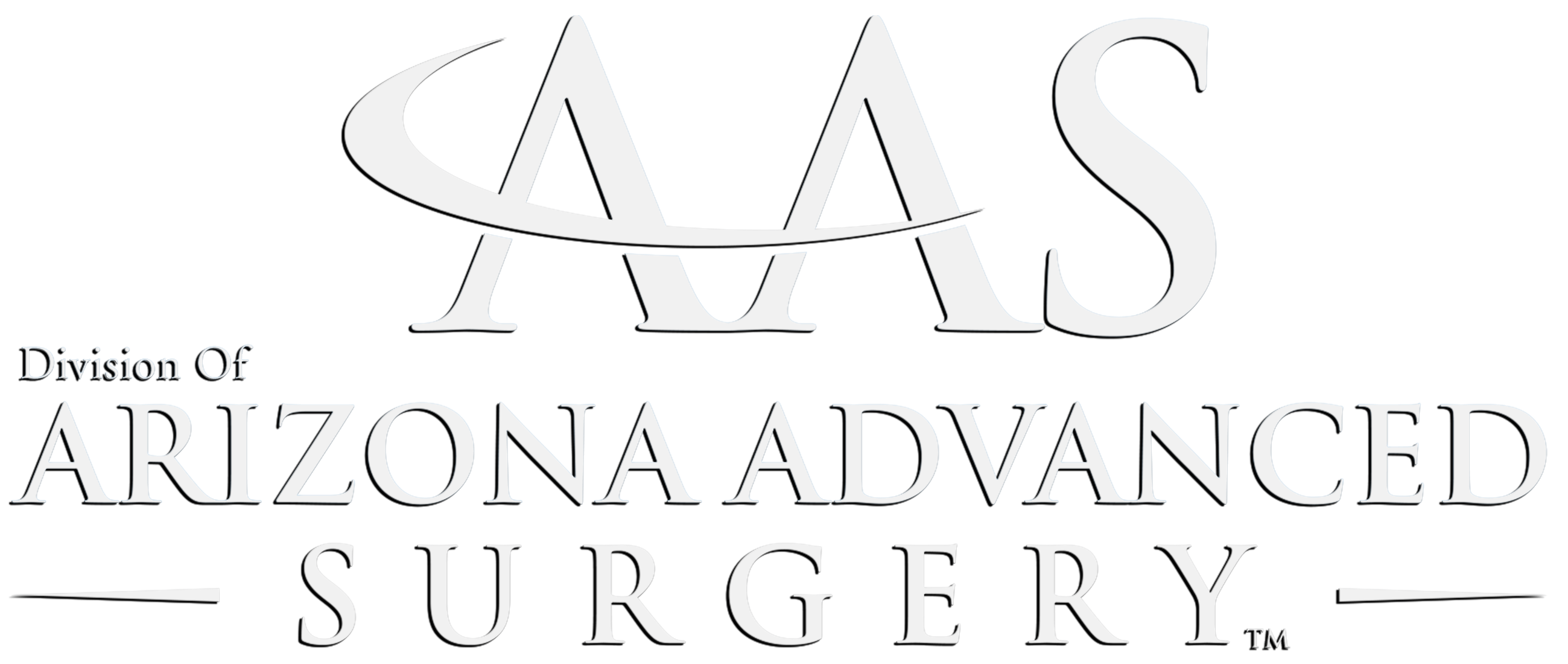Conditions And Treatments
Home / Areas Of Specialty / Rectal Prolapse
Rectal Prolapse
Rectal prolapse is a condition in which the last part of the large intestine known as rectum protrudes out of the anus. It’s commonly seen in the females of to the age of 50 especially who have a previous history of pregnancies. Patients often feel like they have a bulge or something coming out of their anus. It can be an annoying condition and the main complaint is that they have a difficulty passing the stool and something comes out all the time with their bowel movements or sometimes in between while sitting on working or walking. Many times, patients will do a self-reduction and push it back in but sometimes it stays out. Nonetheless, common causes include laxity of the pelvic muscles, chronic constipation or diarrhea, previous history of multiple pregnancies and vaginal deliveries.
Symptoms And Signs of Rectal Prolapse
Most commonly the symptoms include presence of a bulge or of mass at the anus area which can be transient during the bowel movements or can be persistent. You may confuse it with the hemorrhoids as the hemorrhoids prolapse can also appear like rectal prolapse. Additionally, symptoms of prolapse include rectal pain, bleeding, constipation and difficulty with the bowel movements and fecal incontinence or leakage.

Diagnosis And Treatment of Rectal Prolapse
The most common way of diagnosis is from evaluation by your physician. Your colorectal surgeon may ask to push or strain down during the office visit to elicit the prolapse. Furthermore, you may need a digital rectal examination and office anoscopy evaluation. Occasionally, you may need additional tests like CT scan, defecography, colonoscopy or anorectal manometry. Treatment modalities include medical management with the high-fiber diet, avoid any straining, weightlifting or other similar strenuous activities.
Surgical intervention is usually required for rectal prolapse. There are different ways to treat this condition surgically. Broadly there are 2 ways to either fix it from the abdominal approach by rectopexy procedure which sometime also include removal of the portion of the colon. The 2nd way is to remove the prolapsed rectum part from the perineal or anal area. Most patients also have fecal incontinence or leakage symptoms which may not completely improve after the surgery. The rectal prolapse can still recur after the surgery and sometimes require a repeat intervention.
What is a colon and Rectal Surgeon? Is Dr Singh a Board-certified Colorectal surgeon? and where does he perform his procedures.
Colon and rectal surgeons are experts in the surgical and non-surgical treatment of diseases of the colon, rectum, and anus. They have completed advanced surgical training in the treatment of these diseases, as well as full general surgical training. They are well versed in the treatment of both benign and malignant diseases of the colon, rectum, and anus and are able to perform routine screening examinations and surgically treat conditions as and if needed. Dr Singh is a double board certified in Colon and Rectal Surgery and General surgery. His practice is located in Phoenix, Glendale and Scottsdale, AZ.
For more information on Rectal Prolapse please visit:
Rectal Prolapse Expanded Version | ASCRS (fascrs.org)
Home – Colon & Rectal Care Center of Phoenix (colorectaldoc.com)

